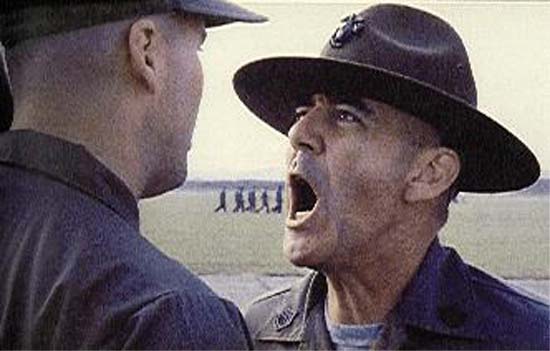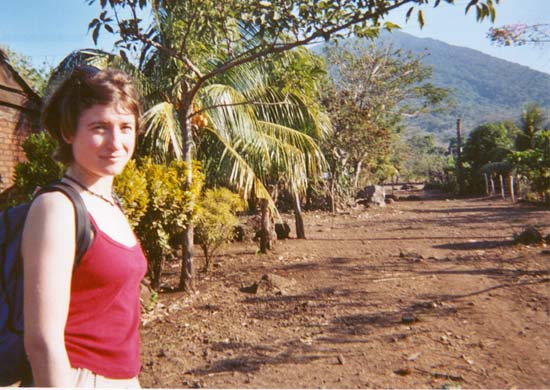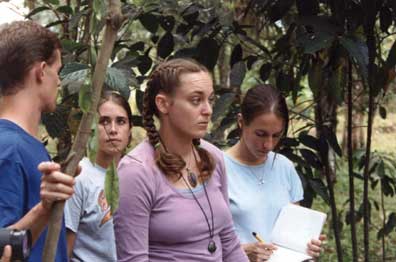
| By Admin1 (admin) (pool-151-196-25-92.balt.east.verizon.net - 151.196.25.92) on Monday, November 03, 2003 - 10:48 am: Edit Post |
One twin joined the Peace Corps, the other the Marines

Read and comment on the story at:
Quote:"We encouraged them to do something important. We're glad they both succeeded," he said. "It's just kind of ironic that the one who got hurt was the one in the Peace Corps" instead of the one who went to war.
Steve Carter said he didn't expect either daughter to end up where she is now. "I was in the Peace Corps in the late ’60s, but as you get older you don't think your kids will ever want to do what you did," hesaid. "What each of them did was all on their own, though."



